Pascal’s wager, the philosophical concept, is an excellent thought exercise that considers that humans play a simple game, not unlike the Prisoner’s Dilemma, on whether we should believe God exists. It breaks down like this: If God does not exist, then whether you believe in him or not is irrelevant because nothing happens when you die.
If, however, God does exist, then there’s a consequence to dying. That consequence is that believing in God results in heaven, and not believing in God results in hell. Based on that, the best position to take in the gamble is to believe in God, since the worst outcome is that nothing happens when you die. On the other hand, choosing not to believe in God means that that is the best outcome.
There are plenty of ways to pull this apart and critique it, and that’s what makes it a fascinating and enduring mental exercise, but the point that I’m making here is that Pascal’s wager, the philosophy, is so much more interesting Pascal’s Wager, the game, which is perhaps the worst Souls clone I’ve ever played. Pascal’s Wager, the game, is shallow, thoughtless, and certainly won’t be remembered centuries down the track.
This game was originally developed for mobile, and it shows it every step of the way. You play as some fallen paladin in some grimdark world (I lost interest about ten minutes after starting the game and so I don’t remember his name), and you then crawl around levels killing things on the way to a boss battle. Each of those “centrepiece” moments look like the developers played the Souls games through to completion and then decided to copy them, only without creative energy or talent to make them interesting. There is a seed of a cool concept in Pascal’s Wager. The first boss is a flagellant, and the religious theme that runs through it could have helped to distinguish it from the many other Souls clones. Unfortunately, this is, again, a mobile game, where pretty much everything is there for the sake of giving players content, and consequently, it doesn’t actually say or do anything with the theme. It’s just there as window-dressing.
If that was the only problem with Pascal’s Wager then it could still have been tolerable. Unfortunately, Pascal’s Wager is brutally clunky to play, and for a Souls game, I can’t think of anything more damning than the word “clunky”. There’s noticeable input delay behind every strike and dodge and while you can, eventually, adjust your rhythms to account for that input delay, it still results in action that is stilted, has little impact, and tactically uninteresting. Wait for the enemy to pause, dash in, get a stab in, duck back out again. Rinse and repeat.
Environments are broken up into levels, a little like they are in Nioh, but the levels are so small that exploring these levels doesn’t have the same reward as it does with Nioh, or any of its other peers. Clamber down a ladder to open a door that was previously locked, and yes, you’ll have a shortcut back to the nearest “bonfire” (an egg statue rather than Dark Souls’s fires), and that would be good an all, except that the “long way” is only about a minute’s walk itself, and it hardly matters which path you actually take.
The presentation of the character models are fine, and in fairness, there is a decent rage of enemies. However, everything else about Pascal’s Wager is exactly what you’d expect from a dodgy mobile port. Many sound effects are badly compressed, and whenever you can see into the distance there’s a combination of pop-in (for stuff that’s within the levels), and featureless nothingness (for the spaces outside of the level). Voice performances are bad enough to make the ears bleed, and the developers seem to have decided that the “problem” with Dark Souls was that the story wasn’t explicit enough. Yes, they completely misunderstood how storytelling in this genre goes, and so have provided a cutscenes-heavy story that removes any sense of mystery and interpretation as you’re playing.
There are two things that Pascal’s Wager gets right. Firstly, there are multiple characters, and you can swap between them as you play. They’re all equally clumsy, but they do have different play styles, and the idea of having a party of characters in a Souls clone is an intriguing one that hopefully a better developer can capitalise on another time. This also makes the game easier, as you effectively get multiple health bars between rests at the “bonfire eggs”, and on top of that, there’s an easy mode. The easy mode doesn’t compromise the experience for people that do want the higher difficulty setting, and if the developers of a game this poor can figure out how to balance that, it’s hard not to wish FromSoftware would just give it a go with one of its own games.
There’s nothing inherently wrong with mobile games ported to console – I’ve played a number of good ones myself. However, Pascal’s Wager is the wrong kind of mobile port. In a genre that demands precision, responsiveness and a clarity of vision, this is a bungled mess of janky, unresponsive controls, shoddy presentation, and little meaningful thought put into why the game even exists. As such, it is the perfect example of every mistake to avoid when making these things.
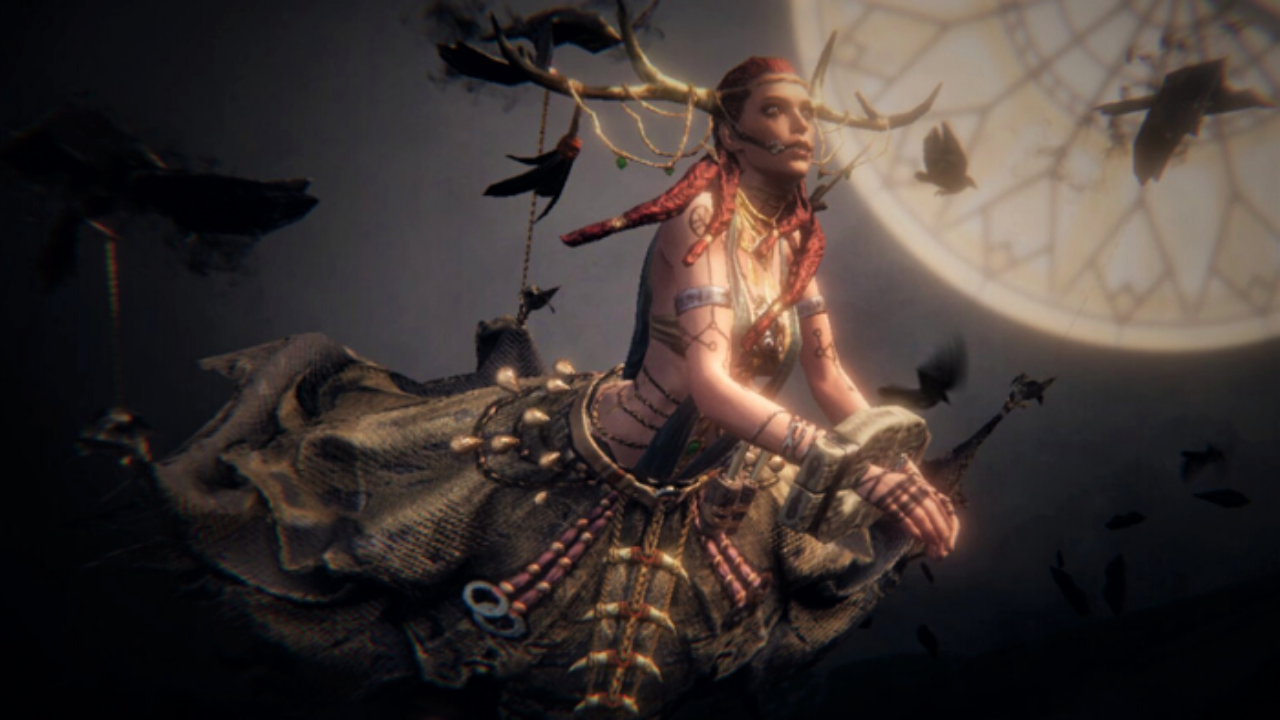

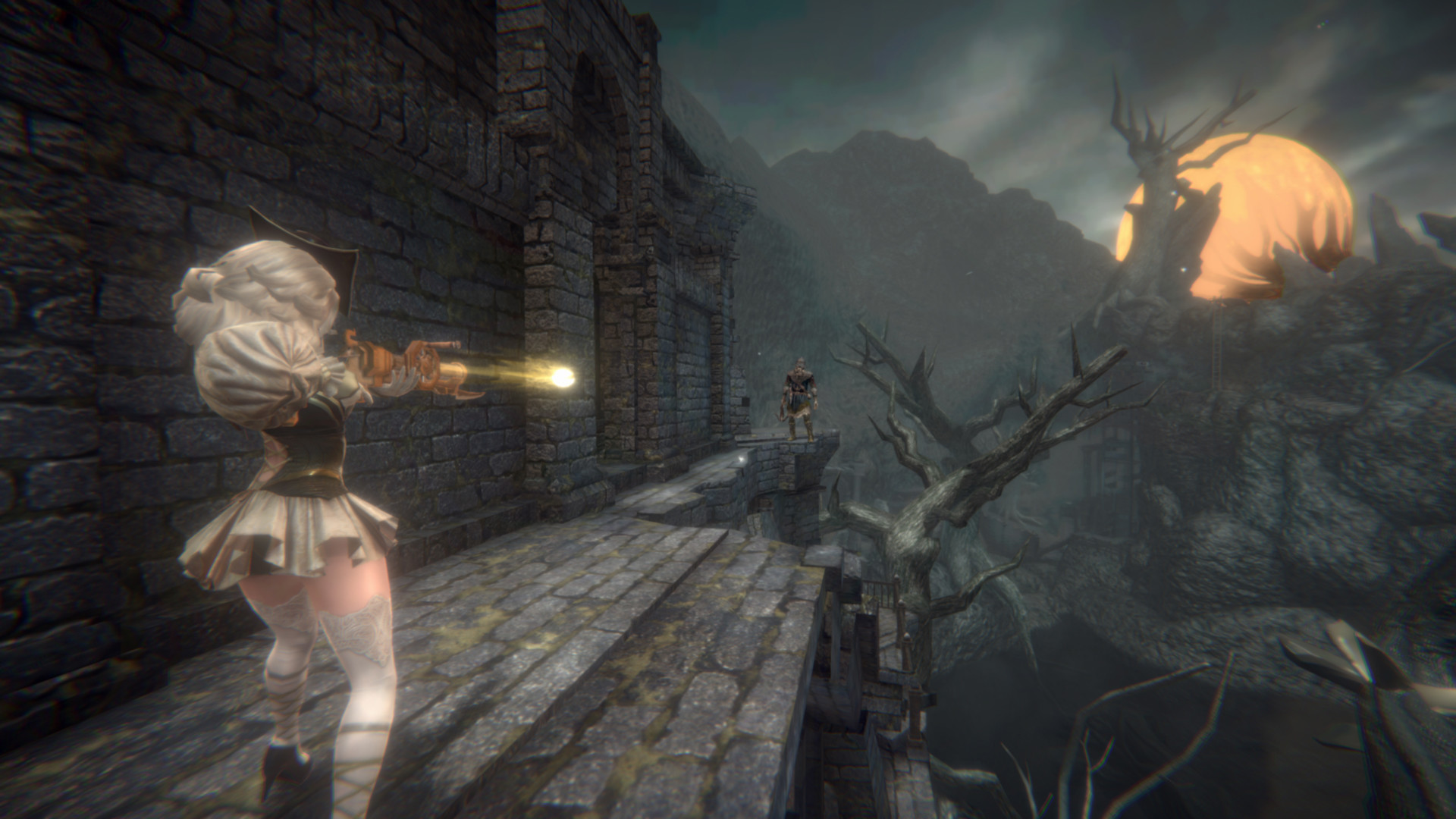
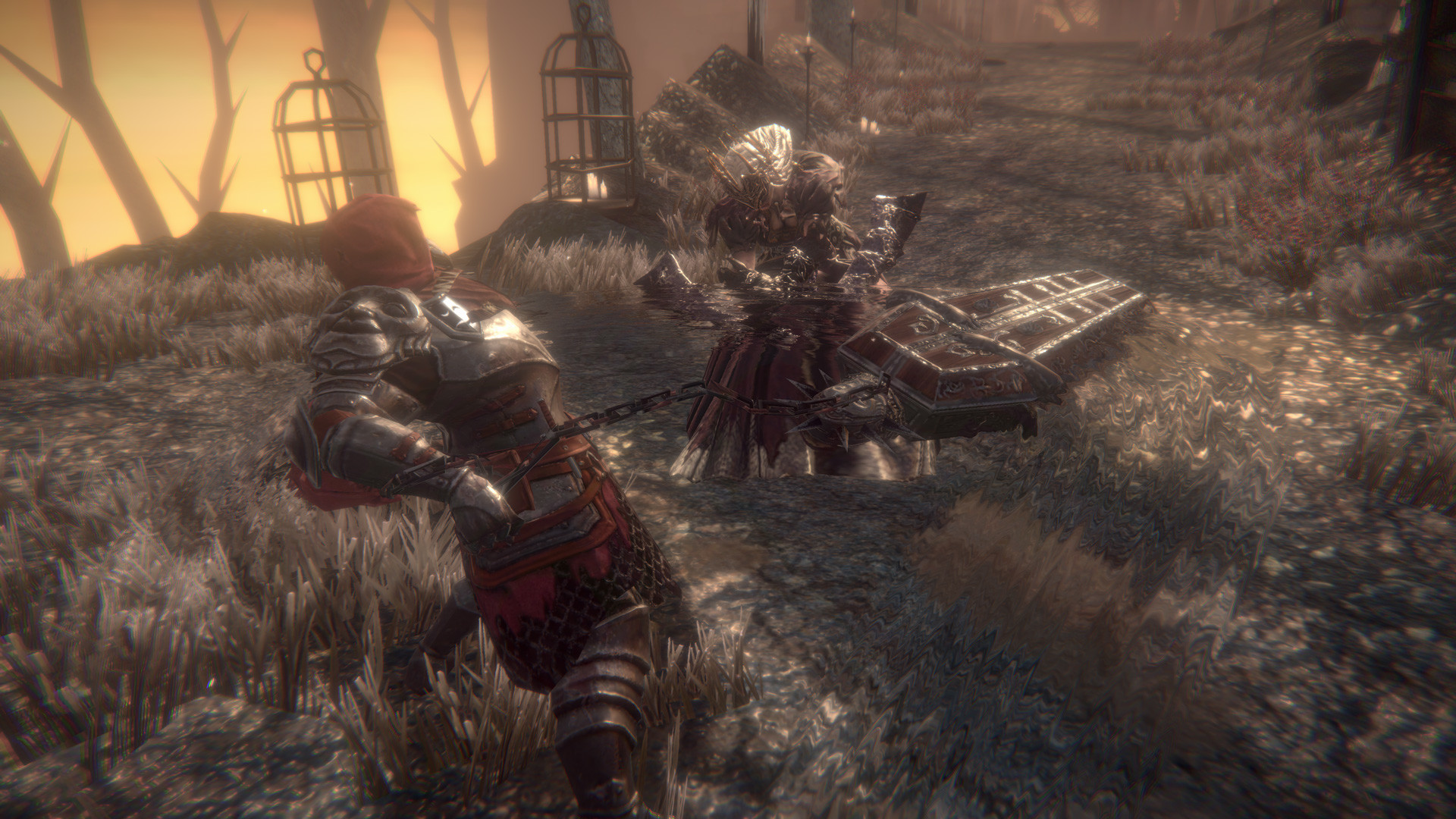

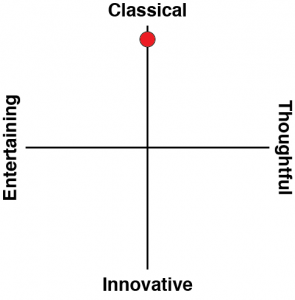

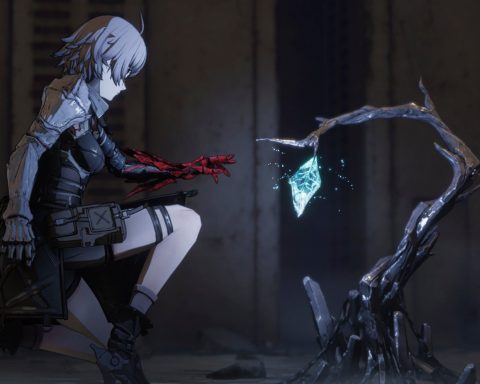
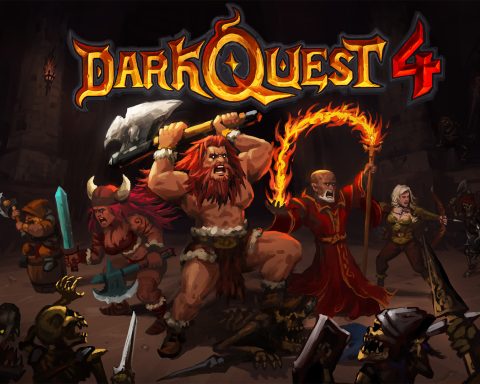

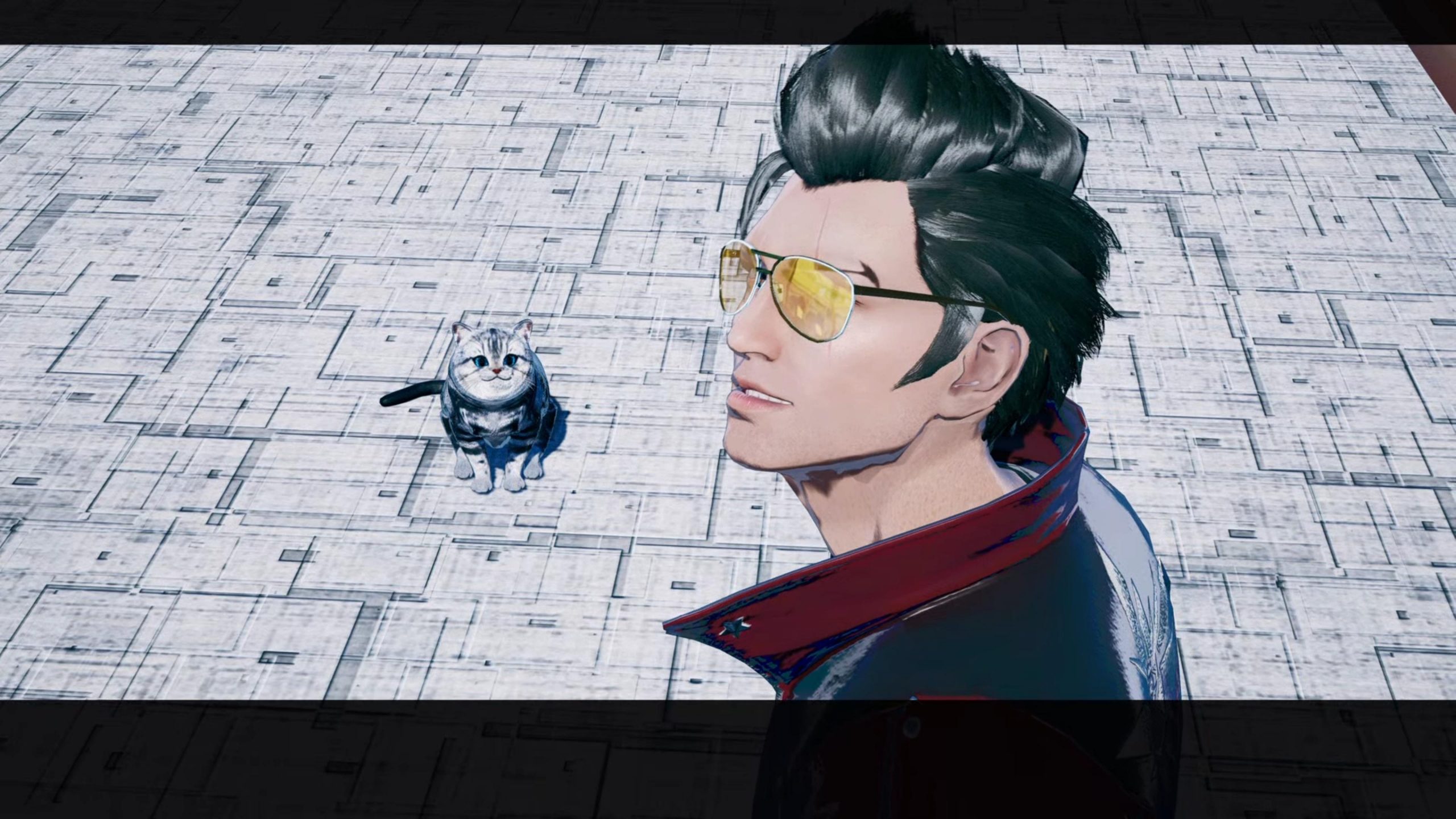

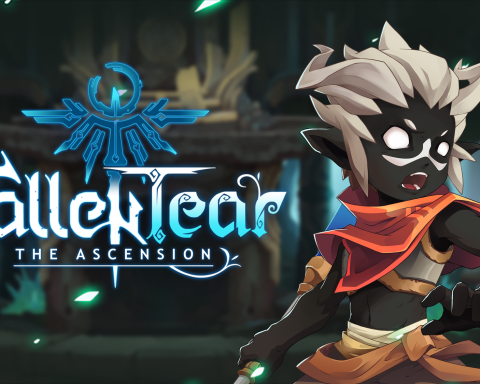
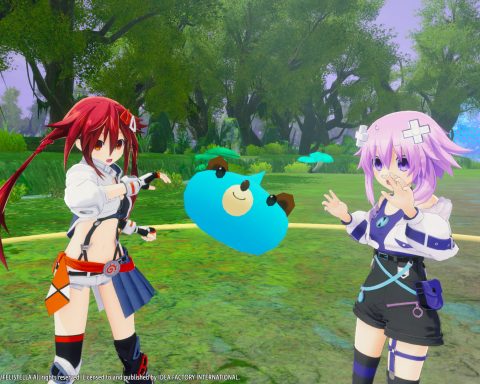
Ah yes, Pascal’s wager. Pascal was a Christian who suggested that believing in his god was the best bet, in case he actualy exists. He conveniently forgot that people worship about 2000 different gods. So following his lead not believing in any god would be a safer bet than believing in one god, because even if one does exist, yours would statistically speaking most likely be the wrong god. Not exactly a fascinating and enduring mental exercise… Anyway, it appears that his idea’s are just as bad as the game named after them. Seems fitting.
You don’t have to agree with the principle of a mental exercise to find it interesting. In the case of Pascal’s Wager, I find it an interesting way to conceptualise how people could or should decide on the best course of action when the outcome is unknowable, versus whether that’s the best course of action. I very much disagree with the position Pascal himself came down on.
Wow, savage review Matt! The few reviews I’ve seen of the PC version are hovering around 7/10. I must admit I’m curious about this game, even though I rarely enjoy games that are born in the mobile sphere. I like Chinese jank translations, so likely would have much more patience with that and the characterization. Sounds like maybe the Switch version is much clunkier than PC, gameplay-wise? Feels like a “wait for >50% sale” kind of game on Switch.
Out of curiosity I downloaded it on mobile as well and it’s just as clanky there. I think this is one of those times where people are being lenient towards a shocking game due to novelty (a mobile soulslike!) and an obviously constrained budget.
It can still be a fun way to waste some cash through. Bad games can be wildly entertaining at times. 🙂